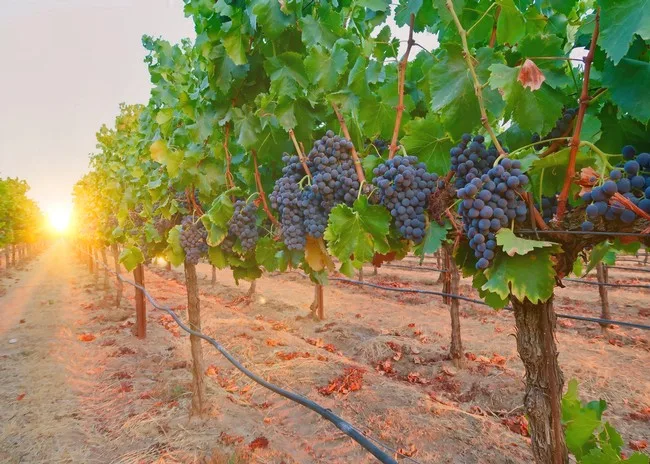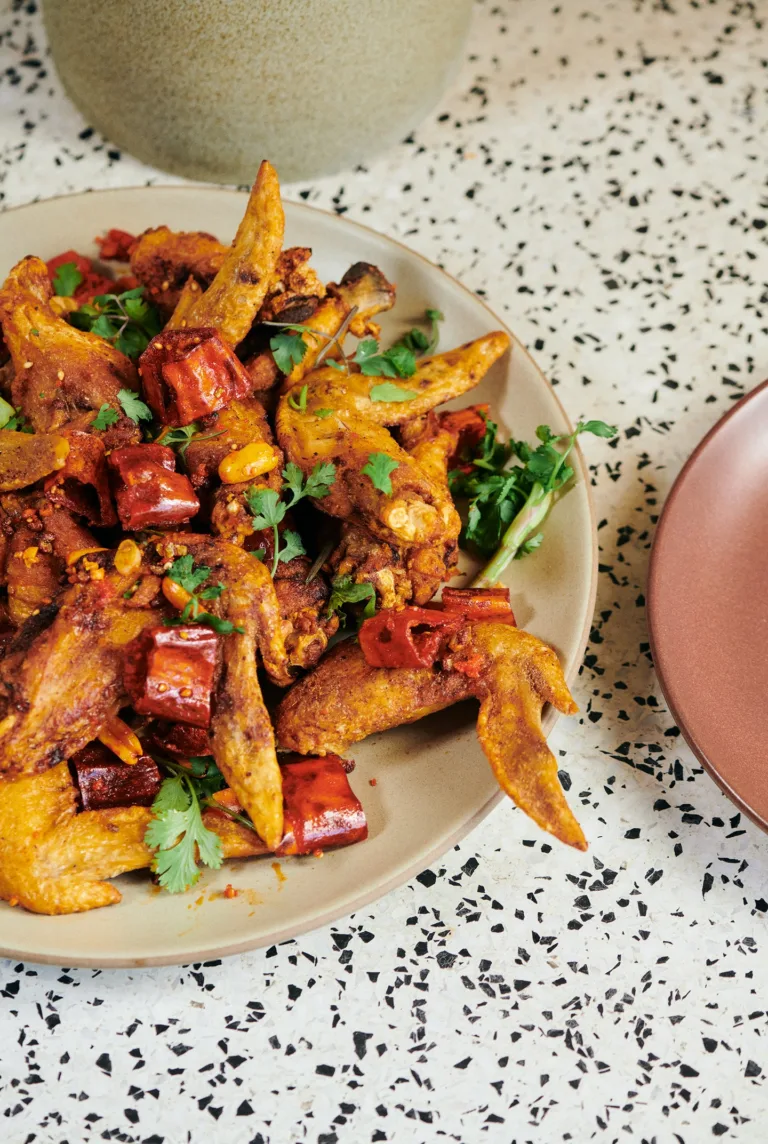Mokelumne River-Lodi appellation Grenache—the black skinned grape most commonly used for dry style rosés—in the early morning light.
So far the summer of 2024 has been… let’s just say, ugh. A little hot.
Besides well chilled whites or sparklers, the perfect wines for weather like this are refreshingly dry rosés, which are made by more wineries than ever because this style of wine is, simply, more popular than ever.
Lodi produces such a wide range of dry rosés, a wine lover could, theoretically, enjoy a new bottle of Lodi rosé every day of the week for an entire month, yet never consume the same brand or bottling twice.
And all of them tasting exactly like a perfectly good dry rosé should: Light, easy drinking, not too fruity in the aroma (overly fruity rosés can be annoying), and just tart enough in natural acidity to prickle the palate, soothe the soul and freshen the disposition.
In the hottest days of summer, a pause that refreshes.
The first reason there is such a wide range of rosés produced in Lodi is because of the region’s grape-friendly Mediterranean climate, highly conducive to grape varieties producing high quality rosés. The second reason is economics: Lodi grows a wider range of black skinned grapes than other regions because it is more economically feasible for growers in Lodi to do so.
Take, for instance, the current average cost of farming wine grapes in Napa Valley or Sonoma County, which is somewhere between $4,000






